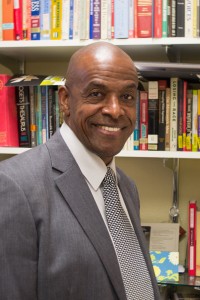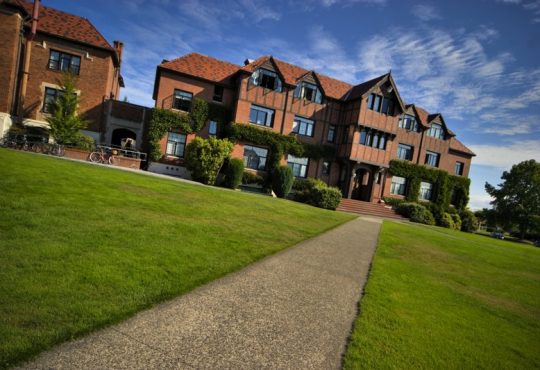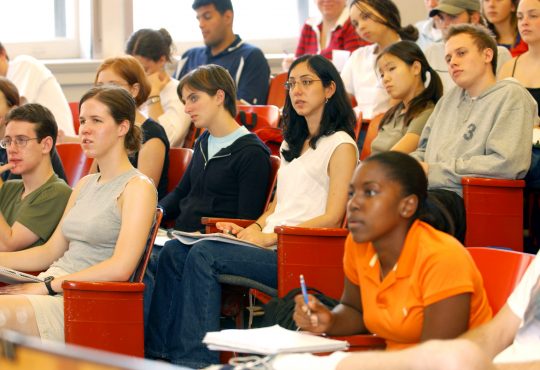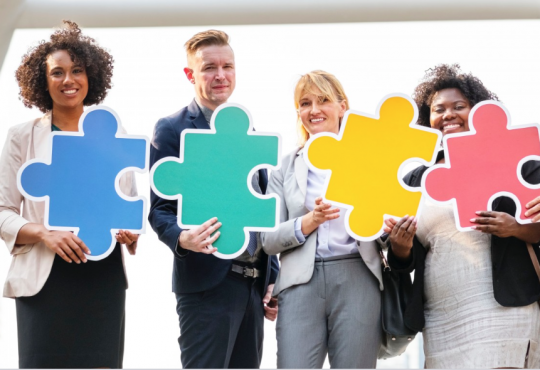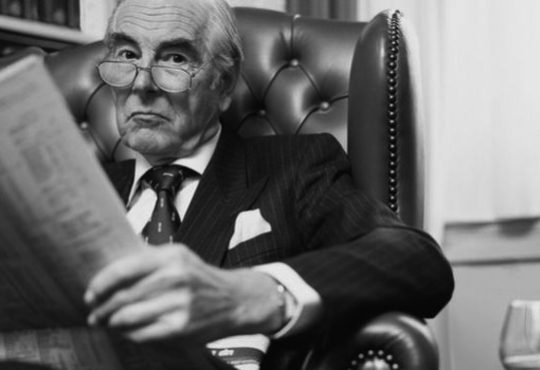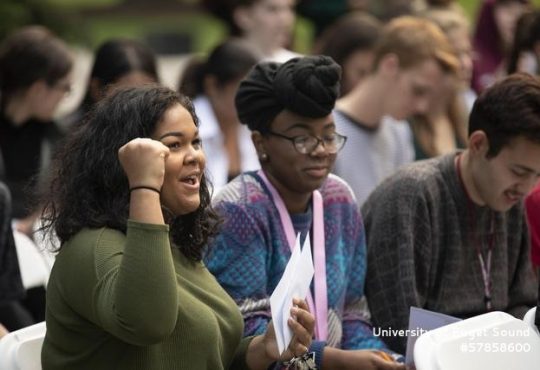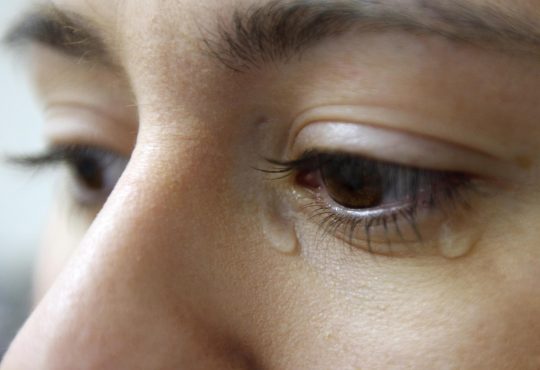Race and Pedagogy Conference coordinator speaks: Dexter Gordon tells the story of hard work and hospitality
Jordan Voltz: What did your role as Coordinator for the Race & Pedagogy Conferences entail?
Dexter Gordon: I’ve been chair of our three national conferences, coordinating and staging the conference. That involves assembling a conference planning committee 18 months to two years ahead of the conference… working with a team of faculty as campus staff partners alongside community partners to distribute the assignments to make the conference work.
JV: Were you pleased with the turnout from Tacoma?
DG: I was very pleased, in fact, tracking the numbers, we were beginning to wonder just how close we were to capacity. … The students were not just from Tacoma. We had students from Seattle, we had students from as far as Edmond, students from Kent, Tukwilla, Renton, Puyallup, and I think we had some from Federal Way as well—but the majority were from Tacoma.
JV: How do you feel that the residents of Tacoma interacted with conference and the Youth Summit?
DG: A number of parents have spoken with me and they were thrilled about the conference. The students I’ve spoken with, including my daughter… who is a senior at Wilson and she says that for herself and her peers, they loved the Youth Summit—particularly they loved the opportunity to have a face-to-face conversation with elders (people who were at the forefront of the various freedom struggles in the 60s and 70s).
Students said, by far, those conversations were the most enjoyable feature of the Youth Summit. [After the adults left] we cranked up the volume and the excitement took off.
JV: How do you think the city of Tacoma views the University of Puget Sound in light of the conference?
DG: I was at a graduate Tacoma event where the superintendent of Tacoma schools gave her year-in-review statement on the state of Tacoma schools and every person I met—there were 700 yesterday and 800 today—person after person after person, they were all positive reviews about the university and its role in the community through this kind of event.
So, I think it was a huge success for the university in terms of the university’s statement about its citizenship in this community.
JV: Can you elaborate on why you think the conference was successful?
DG: I define the success on the terms of the quality of the conference… to begin with the substance of the plenaries. Four of those for one conference is unheard of, then the quality of the spotlight sessions, six of those, and then, the quality of the special sessions… to hear Adajin Pratt—it was a once in a lifetime experience to hear a maestro on the piano. It was mind-blowing.
Then, there were the various arts opportunities and then 78 concurrent sessions. When you look at that, that’s success in terms of scope, substance, depth, relevance and representation. I would just tick it off “success, success, success.”
Then, participation—… people from all over the nation showed up and you could tell by their engagement in the sessions. The Q&A sessions were the best part. I think some of the speakers got to make their best points in the Q&A sessions and the speakers were generous and gracious with their time.
The other feature I would point to is that the community of Tacoma and the community of Puget Sound showed up and one of my joys was seeing our students, beginning with our student athletes… Friday morning, at the field house… formed a welcoming guard of honor.
It was just thrilling to see and they enthusiastically welcomed these high school students. So, we got a chance to show off a Puget Sound hospitality: welcoming people, engaging them in our campus, showing them what we’re about. There was a lot of teaching and learning going on and that was great to see.
JV: How did you want to engage the student body on campus?
DG: We were talking to campus faculty for almost a year and a half… and we talked about ways to ensure that the classrooms were engaged.
So, a big thank you to University of Puget Sound students and faculty because this conference represents a major step in the direction that we want to go.
Our vision has always been that the conference is a learning opportunity—an encapsulated super energized learning opportunity for our entire campus, so we worked hard to make that so. I think we passed a point with this campus where the whole Puget Sound community was involved.
JV: As a learning experience, what do you want the university to learn from this?
DG: I want the university to get a sense of what education looks like when it engages all of us—when it engages all the tough questions, openly and with the full community participating because I think it that makes for an exciting enterprise.
There’s no boredom when you bring community, scholars, activists, artists, teachers, researchers together and put the hard questions in front of them—they engage! There are no guarantees, but that’s the enterprise we call education and that’s what I want in the conference.
To model that—to say, “We can take the risks of asking the hard questions with the full range of our community present.” When they know that there are no second-class citizens at the table, everyone feels they ask those questions and engage fully.
One of the presenters who brought his doctorial students said that they got an education they would not have gotten in their doctoral program. They presented their papers, as academics, but at this conference, they got responses from academics and then they had community people asking them the practical questions of “how do you connect that to everydayness?” His students had to learn quickly because they could not stay on the inside of the language of their discipline, … understandable to a limited community and [dealt with translating that to their audience.]
They asked, “Can we have a really meaningful conversation that respects the knowledge and experience brought by the community and the expertise and the academic depth brought by the campus folk- can they talk?” I think we gave that experiment a shot and I really liked what I saw.
In fact, I would say that notion of connecting higher education… and the university of Puget Sound in particular with the community is one of the central commitments of my work as a professor.
I come from the world of the community and I’m interested in the value of open critical engagement that those of us who are committed to the life of the mind and bringing that to a community that is asking us everyday questions, parents that are asking “how do I feed my family, how do I make sure my children survive, Is the university of Puget Sound distinctly separated from that?”
I appreciate the notion of being able to focus on specific questions, but while we do that, we are grounded in a community where, if this community doesn’t support us, we can’t exist.
In explicit and implicit ways, the community protects this campus, the community values this campus, and so, if we can create real and mutual beneficial energy, respect and reciprocation, I think we are really fulfilling our responsibilities.
Gordon made sure to thank the following people for their gracious assistance: Grace Livingston and her team, Nancy Bristow, Carlin Weiss and Alice Coyle.